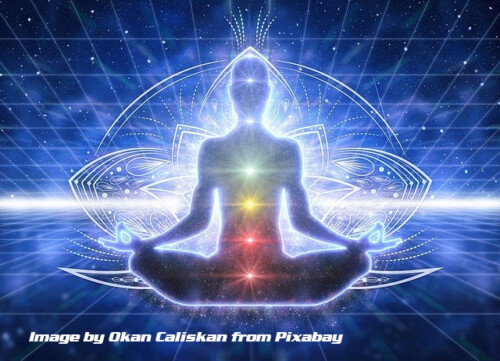Mindful Serenity: The Crucial Role of Mindfulness and Relaxation Techniques in Cultivating Good Mental Health
Editorial Team
In the fast-paced and often stressful world we inhabit, maintaining good mental health is paramount for overall well-being. Amid the chaos, the practices of mindfulness and relaxation techniques emerge as powerful tools, providing individuals with the means to navigate the complexities of life. This discussion delves into the significance of these practices, elucidating how they contribute to mental health and offering insights into their profound effects.
Understanding Mindfulness:
- Present-Moment Awareness:
- Mindfulness involves cultivating a heightened awareness of the present moment without judgment.
- This practice encourages individuals to observe their thoughts and feelings objectively, fostering a non-reactive and non-judgmental mindset.
- Stress Reduction:
- Mindfulness has been shown to reduce stress by promoting a sense of calm and helping individuals detach from overwhelming thoughts.
- Techniques such as deep breathing and body scan meditations are integral components of mindfulness that aid in stress reduction.
Relaxation Techniques and Mental Health:
- Physiological Impact:
- Relaxation techniques, including progressive muscle relaxation and guided imagery, induce a physiological response that counters the effects of stress.
- These techniques trigger the relaxation response, leading to decreased heart rate, lowered blood pressure, and reduced muscle tension.
- Cognitive Benefits:
- Regular relaxation practices contribute to improved cognitive function by enhancing concentration, memory, and problem-solving skills.
- As stress levels decrease, individuals often find an increased capacity to approach challenges with a clearer and more focused mindset.
Mindfulness and Emotional Regulation:
- Emotional Intelligence:
- Mindfulness cultivates emotional intelligence by encouraging individuals to acknowledge and understand their emotions.
- This heightened emotional awareness facilitates better self-regulation, fostering healthier relationships and improved overall mental well-being.
- Anxiety and Depression Management:
- Mindfulness-based interventions have demonstrated efficacy in managing anxiety and depression.
- By redirecting attention to the present moment, individuals can break the cycle of rumination and negative thought patterns associated with these mental health challenges.
Incorporating Mindfulness and Relaxation Into Daily Life:
- Consistent Practice:
- Establishing a routine that includes mindfulness meditation or relaxation exercises is crucial for long-term mental health benefits.
- Even brief daily sessions can accumulate positive effects over time.
- Holistic Approach:
- Integrating mindfulness and relaxation into various aspects of life, such as work, relationships, and leisure activities, promotes a holistic approach to mental well-being.
Conclusion:
In the pursuit of good mental health, the incorporation of mindfulness and relaxation techniques stands as a transformative and empowering endeavor. By fostering present-moment awareness, physiological well-being, emotional intelligence, and cognitive clarity, these practices become invaluable tools in navigating the challenges of life, ultimately contributing to a more resilient and flourishing mental state.

